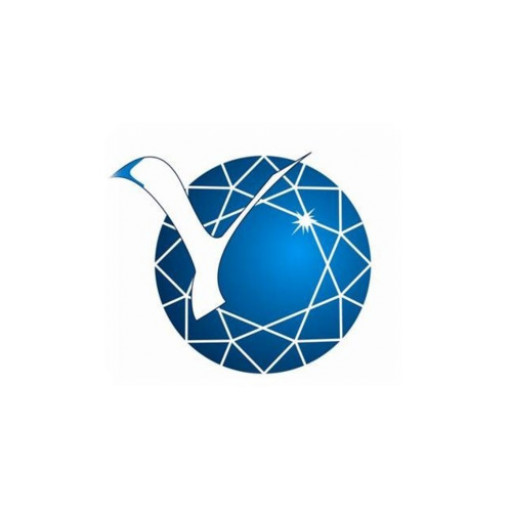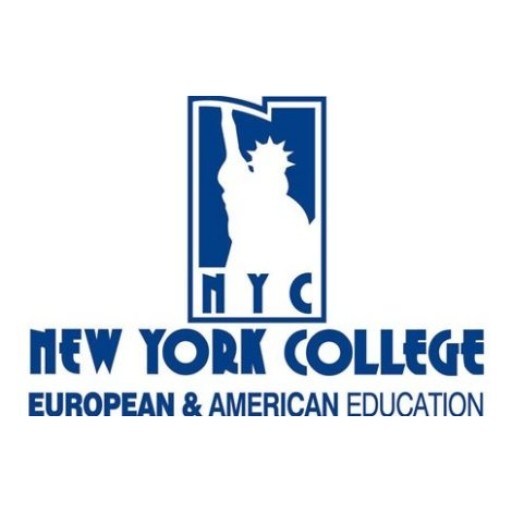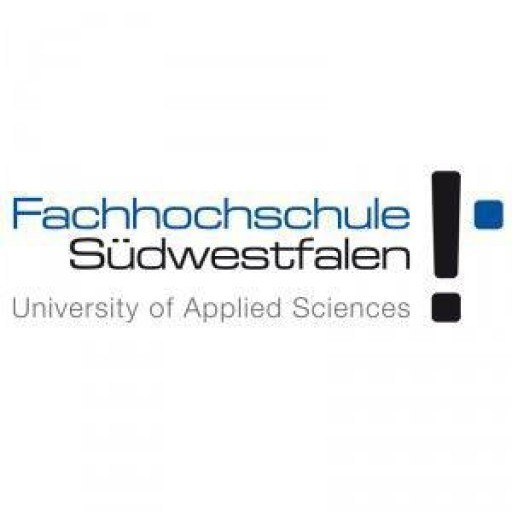Photos of university / #masseyuni
The Bachelor of Information Sciences at Massey University offers students a comprehensive pathway into the dynamic and rapidly evolving field of information technology and data management. This program is designed to equip aspiring professionals with a solid foundation in the core areas of computer science, database management, software development, and information systems. Throughout their studies, students will gain practical skills in designing, developing, and maintaining various digital solutions that are essential in today’s digital-driven world. The curriculum emphasizes both theoretical understanding and real-world application, ensuring graduates are prepared to meet industry needs.
Students will have the opportunity to explore diverse topics such as programming languages, web development, cybersecurity, data analysis, and network administration. The program also emphasizes the importance of ethical considerations in information handling, privacy concerns, and the societal impact of technology. With a focus on hands-on learning, students engage in projects, laboratory work, and internships that allow them to develop practical skills and build professional networks. Massey University’s strong industry connections facilitate placement opportunities, giving students valuable insights into the workplace environment and emerging trends.
The Bachelor of Information Sciences is suitable for individuals interested in pioneering digital innovations, supporting business operations through technology, or pursuing advanced studies in information systems. Graduates of this program are well-positioned to enter roles such as software developers, database administrators, systems analysts, and IT consultants. Additionally, the program offers pathways for further specialization or postgraduate studies, fostering continuous professional development.
By choosing this program, students become part of a vibrant academic community that values innovation, collaboration, and lifelong learning. Massey University’s state-of-the-art facilities, dedicated faculty, and comprehensive curriculum ensure that graduates are not only proficient in current technologies but are also adaptable to future advancements in the field of information sciences. Whether aiming to launch a career in the technology sector or seeking to enhance existing skills, students will find this program provides the knowledge, skills, and confidence needed to succeed in the digital age.
Full-time students usually take eight courses each year, four in each semester.
In the first year of study, students should take the following courses:
- 158.100 Computer Applications
- 159.101 Programming Fundamentals (Auckland), or 159.171 Computational Thinking and Software Development (Manawatu and Distance)
- One Mathematics course (usually one of 160.103 or 160.132
- 161.120 Introductory Statistics
- 119.177 Written Communication for Information Sciences
- Major subject course*
- Elective course from any subject**
- Elective course from any subject**
* Major subject courses: Students should take the appropriate major course listed below. If unsure about which major to choose, students should take 159.102 (or 159.172) and also take 158.120 which then counts as an elective. - Computer Science & Software Engineering major students take 159.102 Computer Science Fundamentals (Auckland) or 159.172 Computational Thinking and Algorithms (Manawatu and Distance) - Information Technology major students takes 158.120 Fundamentals of Information Technology
** Elective courses: These can include additional courses in Mathematics. Any students interested in taking a minor subject may require specified first-year courses for that minor. These specified first-year courses then take the place of the electives.
In the second year, students must take at least four second-year courses towards the major. Students can elect to take a double-major in Computer Science and Information Technology (in which case they must take four second-year courses from each subject). Alternatively, students may elect to take a minor (from any subject with a defined minor) in which case several second-year courses should be taken for the minor.
In the third (final) year, students usually take at least four third-year courses towards the major. Students must have at least five third-year courses within the degree. The eight courses required for the year can be made up by taking electives or extra courses in the minor. It is important to note that students may not take more than 165 credits (usually 11 courses) at first-year level. Any additional electives must be at second-year or third-year level.
To enrol in the Bachelor of Information Sciences programme you must qualify for undergraduate admission, either through Bursaries and Scholarship Examinations, NCEA Level 3, New Zealand University Entrance, Admission with Equivalent Status, Discretionary Entrance or Adult Admission.
Students with excellent achievements in NCEA and prior programming experience through the successful completion of courses and participation in competitions like STAR, NCSS or the ACM SPPC will be considered for direct entry into second-year Computer Science courses and may be eligible to participate in software development projects.
There is no specific information available regarding the financing studies for the Bachelor of Information Sciences program at Massey University. Typically, students pursuing this degree can explore multiple funding options to support their education. These options may include government loans, scholarships, bursaries, and grants provided by Massey University or external organizations. Government student loans are often available to domestic students, helping to cover tuition fees and living expenses. Scholarships and bursaries are awarded based on academic achievement, financial need, or specific criteria set by donors or the university. Massey University also offers financial aid and payment plans to assist students in managing the costs associated with their studies. International students might need to secure their own funding through personal savings, sponsorships, or private scholarships, as government aid is usually limited to domestic students. Additionally, students are encouraged to seek part-time employment opportunities during their studies to supplement their finances. External funding sources, including industry sponsorships or scholarships from professional organizations in the field of Information Sciences, can also provide financial support. It's important for prospective students to carefully review the university’s official financial aid resources, consult with the university’s financial services, and apply early for any scholarships or aid programs for which they qualify. Overall, financing options are designed to make higher education accessible and manageable, but specific details and eligibility criteria should be verified directly through Massey University’s official channels.
The Massey University High Achiever scholarships were established to support new students enrolling at Massey University with a previous record of high achievement in the areas of: Academic, Arts, Sport. Thre are also other undergraduate scholarships available.
High achiever scholarships
Massey University Vice Chancellor's High Achiever Scholarship (Academic)
The Massey University Vice Chancellor's High Achiever Scholarship (Academic) was established to support new students enrolling at Massey University with a previous record of excellence in one or more subject areas and/or a record of merit in several subject areas.
Massey University Academy of Sport Scholarship
The Massey University Academy of Sport Scholarship was established to support new student athletes enrolling at Massey University with a previous record of high achievement in sport and who show future potential in their chosen sport.
Massey University Vice Chancellor's High Achiever Scholarship (Academic)
The Massey University Vice Chancellor's High Achiever Scholarship (Academic) was established to support new students enrolling at Massey University with a previous record of excellence in one or more subject areas and/or a record of merit in several subject areas.
Massey University Vice Chancellor's High Achiever Scholarship (Art)
The Massey University Vice Chancellor's High Achiever Scholarship (Arts) was established to support new students enrolling at Massey University with a previous record of excellence in one or more of the arts fields both inside and outside of the school context.
Massey University Academy of Sport Scholarship
The Massey University Academy of Sport Scholarship was established to support new student athletes enrolling at Massey University with a previous record of high achievement in sport and who show future potential in their chosen sport.
Massey University Albany Vice Chancellor's Natural Sciences Excellence Award
The Massey University Albany Vice Chancellor's Natural Sciences Excellence Award was established to support new students enrolling at the Albany campus, Massey University with a previous record of academic excellence in the natural sciences. Recipients are expected to be committed to studying and completing the Bachelor of Natural Sciences degree.
Massey University Albany Vice-Chancellor’s Innovation and Academic Excellence Scholarship
The Massey University Albany Vice Chancellor's Innovation and Academic Excellence Scholarship was established to support new students enrolling fulltime at the Albany campus, Massey University who are currently attending a North Shore or West Auckland secondary school who have a minimum of 20 NCEA L2 credits (or equivalent in CIE or IB) with a record of excellence or merit.
Massey Business School Future Leaders Scholarship
The Massey Business School Future Leaders Scholarship was established to recognise and support future leaders enrolling in full-time business programmes at Massey University who have a previous record of leadership and high academic achievement.
Encouraging Kiwis into Engineering Massey University Full-Fees Scholarship
The Encouraging Kiwis into Engineering Massey University Full-Fees Scholarship was established to encourage more students into engineering, particularly those currently studying maths, physics, and/or chemistry. Applicants are expected to be studying NCEA Level 3 or equivalent in Mathematics with Calculus, Physics and perhaps also Chemistry; have involvement in extracurricular Science, Engineering or Technology and show leadership and creative skills.







